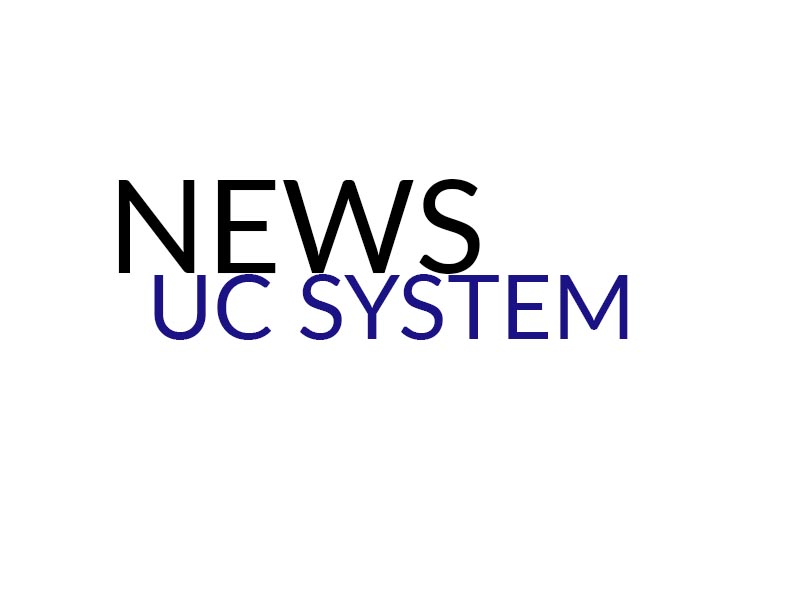The UC Student Association discussed drafting an open letter to the UC Office of the President regarding its Task Force on Preventing and Responding to Sexual Violence and Sexual Assault at its Board of Directors meetings last week. According to The Daily Californian, the letter would address UC student concerns over the Task Force’s lack of communication, inadequate membership and insufficient resources.
The Task Force was formed in July 2014, after months of UCSD student survivors sharing their stories with the UC Board of Regents and President Napolitano.
“[Of the] 233,000 students enrolled in the University of California, roughly 26,830 students will experience sexual violence during their academic career, most of whom will not report or speak of their assault,” according to the UCSA website.
President Napolitano convened the Task Force in order to respond to and prevent acts of sexual violence and assault on UC campuses. The Task Force is made up of important constituents of the UC System, including “UC regents, faculty, police and student survivors.”
However, there have been complaints from UC Berkeley and student groups over the progress made by the Task Force. According to a report compiled by the Daily Californian, UC Santa Barbara junior Jennifer Selvidge said during the meetings that the Task Force is not adhering to the concerns brought up by students.
“We feel that in the task force, student voices and input are not currently being effectively included,” Selvidge said.
UCSA President Kevin Sabo told the UCSD Guardian that the UC faculty’s unwillingness to participate in consent training has been more of an obstacle than the Task Force itself.
“It’s not so much the Task Force that has been problematic, at least to the extent that I’m aware,” Sabo said. “I think the biggest concern has been [obtaining] funding for the consent training that is required of faculty; that’s been hugely difficult for us to get. The faculty appears very resistant by the training [because they feel] overwhelmed by it.”
In conjunction with the Task Force, a campaign against sexual violence and sexual assault was initiated, known as UConsent. According to the UCSA, the campaign “aims to promote a culture of consent through awareness, education and advocacy for improved resources at both the campus and state levels.”
In response to President Napolitano’s Task Force, UConsent made several demands to the UCOP; one of the demands made was for it to fund $420,000 per year for in-person consent and bystander intervention training and education.
UConsent has achieved several victories due to its work. According to UCSA, two of its successes have been in the passage of SB 697 DeLeon Affirmative Consent in 2014 and the passage of AB 695 DeLeon Sexual Violence Training Measure in 2015.
Director of UCSD’s Center for Advocacy, Resources, and Education at the Sexual Assault Resources Center Nancy Wahlig spoke with the Guardian over her thoughts on UCSD students’ awareness of sexual violence.
“We can tell you that our students receive a lot of education about sexual violence, and how to prevent it, through the work of CARE at the Sexual Assault Resource Center,” Wahlig said. “For example, as part of orientation, all new students were introduced to the resources CARE offers. Learning about sexual assault and how to report it is now mandatory for all incoming UC San Diego freshmen and new transfer students.”









Janet • Feb 18, 2016 at 1:43 pm
How is the passage of SB 697 DeLeon Affirmative Consent in 2014 and the passage of AB 695 DeLeon Sexual Violence Training Measure in 2015 a success? Wouldn’t success be reducing the amount of sexual violence? Forcing a new way to spend university funding and forcing incoming freshman to go through a stupid module is not a success unless it actually results in a positive outcome i.e. reduced sexual assault. Despite how many naive students think “spreading awareness” makes them significant in this world, it doesn’t. Without results, all you have done is cause anxiety amongst students by fear mongering.
the fuhrer awards • Feb 18, 2016 at 11:50 am
speaking of touchy subjects: congratulations UC! you made the top ten in FIREs worst colleges for free speech!
go team!
President Wendy Mandell-Geller • Feb 16, 2016 at 7:58 pm
YES to SEX, a new Sexual Consent App Answers the Title IX Touchy Issue of HOW to Create a Safe Sex Consent Campus and Community
It would seem obvious, but it often is not. When it comes to consensual safe sex between two individuals, there are topics that absolutely need to be addressed upfront in pre-sex conversations. “It is time to redirect our sexual culture away from the epidemics of violence, unplanned pregnancies, and rampantly spreading sexually transmitted diseases and infections. YES to SEX is a free to use smartphone app that promotes pre-sex communication and safe consensual sex. In as little as 25 seconds, whether using one phone or two, the app creates a private and safe opportunity for partners to make their important pre-sex decisions together,” says President and Inventor Wendy Mandell-Geller of Safe Sex Consent Inc. Yes Means Yes, Title IX and new regulations tell people WHO, WHAT, WHEN and WHY they must get affirmative consent. YES to SEX delivers the HOW to get initial verbal consent, agree on protection and share safe words, in a quick and easy app format.
This app invention goes beyond what is currently available anywhere regarding safe sexual consent. It enables and empowers users to discuss important details with their partners and communicate their decisions to say, ‘yes’ or ‘no’ in a very clear and comfortable way. YES to SEX is the mobile sexual consent app solution that high-schools, universities, colleges, sororities, fraternities, athletic associations, the military, and dating services are seeking. A way to create Safe Sex Consent campuses and communities everywhere, the YES to SEX app simply protects each partner with the power of choices and a voice in the decision.